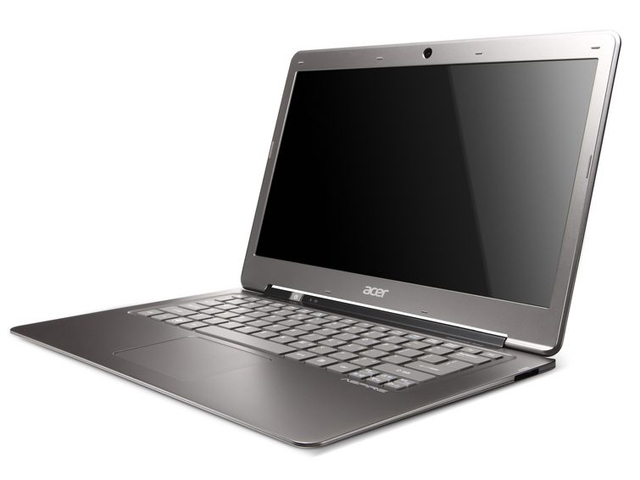Intel calls on supply chain to reduce Ultrabook production costs, as Apple drops prices

Cheaper materials needed to fight off challenge from Mac Book Air
Intel will be bumping supply chain heads together to devise a plan to lower Ultrabook production costs as Apple drops the retail price of its Mac Book Air.
According to Digitimes, Intel is set to hold a meeting with its supply chain manufacturers in order to lower the retail price of its Ultrabooks to $699 by the second half of the year, as it faces increased price competition.
With AMD set to release Trinity-based ultrathins at even lower price points, and Apple reducing the retail price of its own Ivy Bridge based ultraportables by $100, Intel is under pressure to keep its own costs down.
With this in mind it is expected that Intel will confer with its supply chain over ways to reduce production costs further.
The majority of the initial wave of Ultrabooks came with premium build features such as brushed metal chassis and solid state drives. With these came matching premium price points, and efforts will be made to find alternatives to allow for more mainstream pricing. This is problematic for Intel because, as Ultrabook vendor Novatech has mentioned to ChannelBiz, while customers are often willing to pay a premium for an Apple, a thousand pounds is otherwise hard to get consumers to part with
Intel and its supply buddies will be looking at the use of fibre-glass reinforced plastic cases to replace pricey aluminium ones, 16650 cylinder-shaped batteries or prismatic lithium-ion batteries in place of Li-polymer batteries and hybrid-HDDs instead of SSDs, sources say.
Intel has already been looking at how to reduce costs by meeting up with former Boeing employees to discuss alternate materials and design, as it continues to work closely with its supply chain on its Ultrabook project.
Agreements have been made to invest in the production of touchscreens for Ultrabooks in anticipation of the expected October release of Windows 8. Intel wants to ensure that adequate capacity is available from the likes of Cando, HannTouch, PK and Wintek in order to deal with an expected growth in demand as tablet-laptop hybrid devices hit shops.